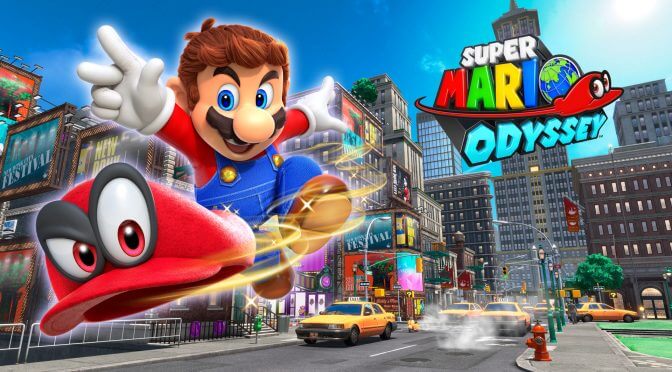The team behind the Nintendo Switch emulator, Ryujinx, has released a brand new version of it. This version implements Zero-Configuration Resolution Scaling, making most Nintendo Switch games look incredible on the PC.
Going into more details, Zero-Configuration Resolution Scaling lets you scale compatible render targets in a game using a single multiplier value. The goal is to scale shadows and screen-bound render targets using the scaling factor.
According to the team, texelFetch can only scale non-indexed textures on the fragment+compute shaders. If a texture outside of this category uses texelFetch, the texture will be blacklisted for scaling. Moreover, bindless textures are not fully supported, and do not have a blacklist fallback. If texelFetch uses them, the scale on the texture will be incorrect.
Furthermore, if a game uses a render target to store data (such as the output of a fragment shader DXT compression algorithm), scaling will not work correctly on it. You can only hope that it will blacklist and render the target again at a later point.
In order to showcase the benefits of Zero-Configuration Resolution Scaling, the team released the following screenshots. As you can clearly see, Nintendo Switch games can now look really crisp on the PC. And, that’s right here, is why emulators are so important.
You can download Ryujinx PR from here (this feature is not yet present in the master version). It will also be interesting to see whether the other Nintendo Switch emulator, yuzu, will add support for this feature.
Enjoy!

John is the founder and Editor in Chief at DSOGaming. He is a PC gaming fan and highly supports the modding and indie communities. Before creating DSOGaming, John worked on numerous gaming websites. While he is a die-hard PC gamer, his gaming roots can be found on consoles. John loved – and still does – the 16-bit consoles, and considers SNES to be one of the best consoles. Still, the PC platform won him over consoles. That was mainly due to 3DFX and its iconic dedicated 3D accelerator graphics card, Voodoo 2. John has also written a higher degree thesis on the “The Evolution of PC graphics cards.”
Contact: Email








